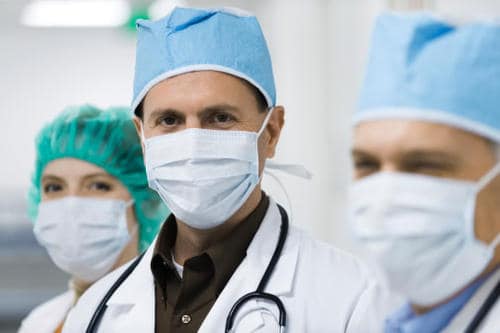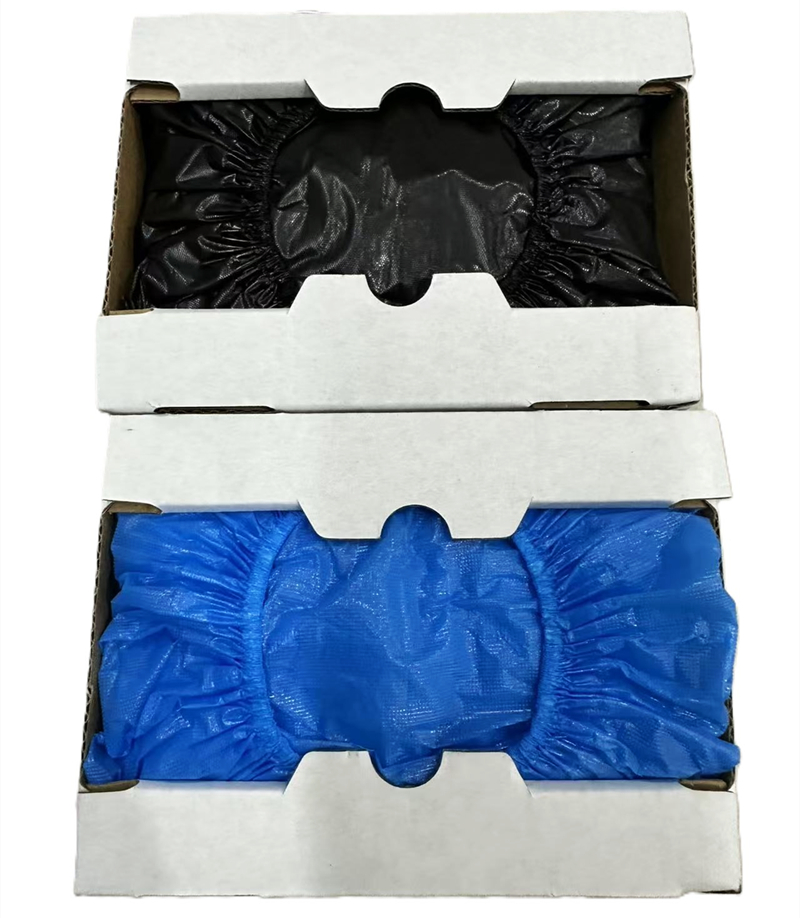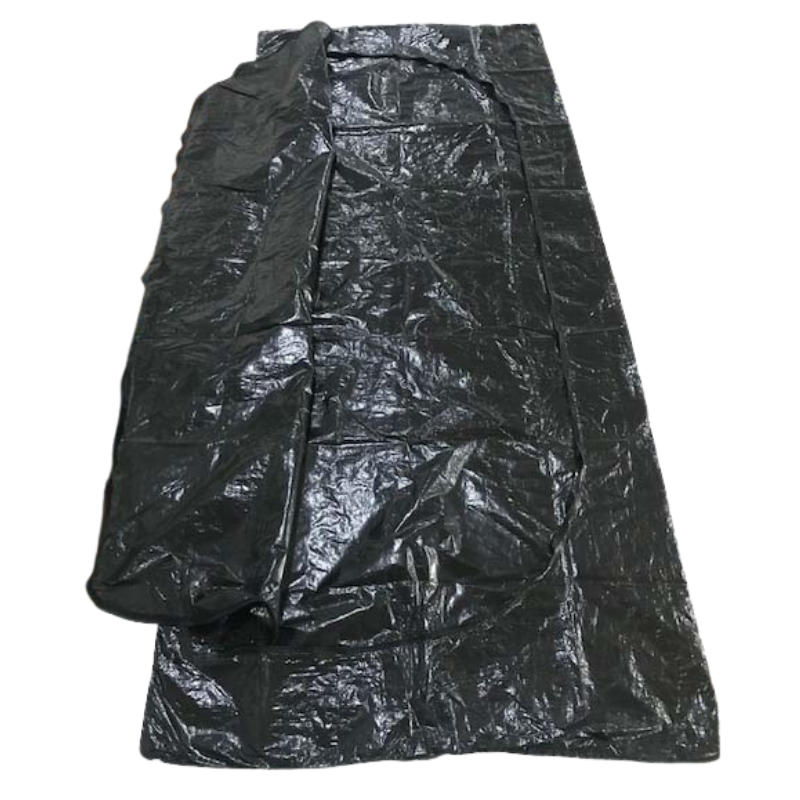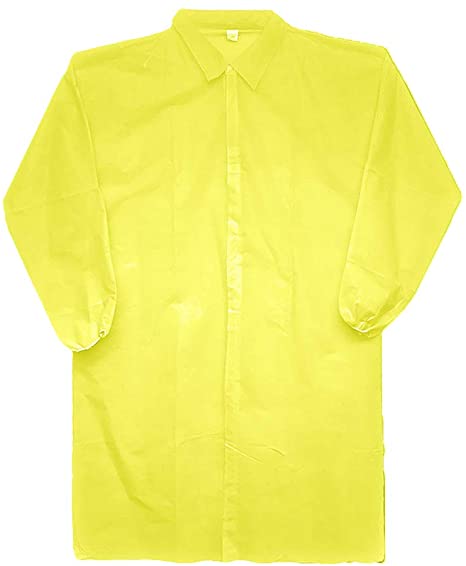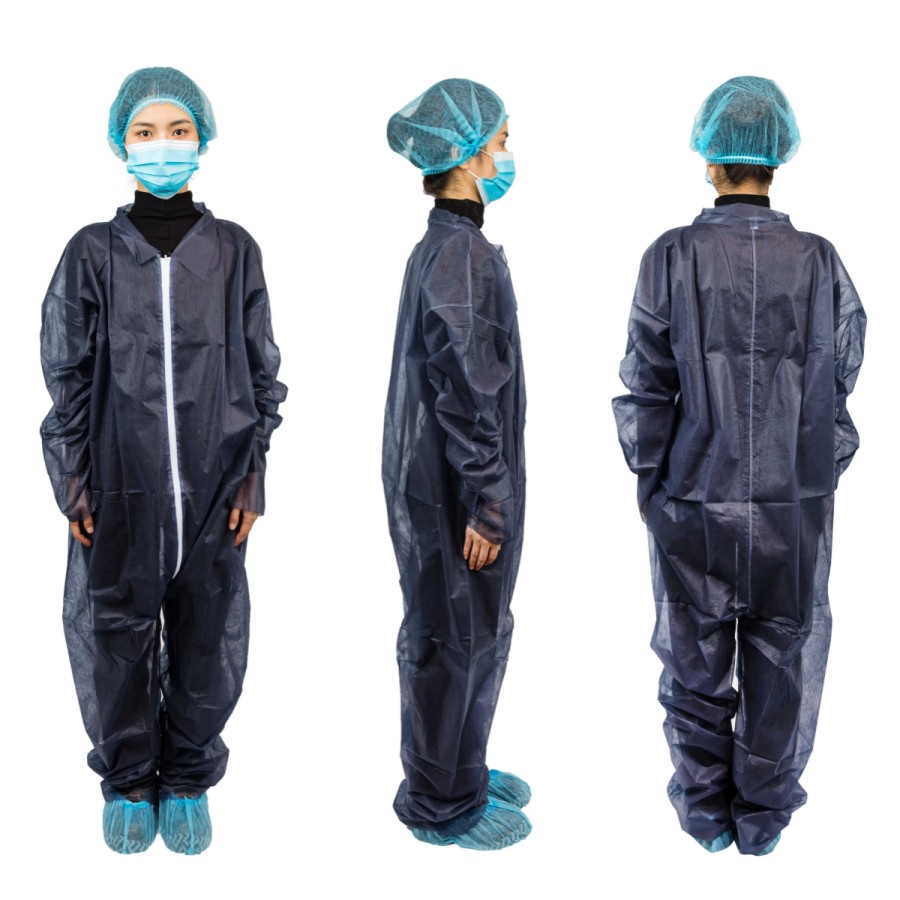Ever wondered how a simple surgical mask can become a life-saver? From protecting healthcare workers against bodily fluids to ensuring safety in medical procedures, the surgical mask has become more than just a piece of fabric. In the wake of the coronavirus pandemic, the role of the surgical mask manufacturer has become critical. Let’s dive into the fascinating world of masks, from production to protection.
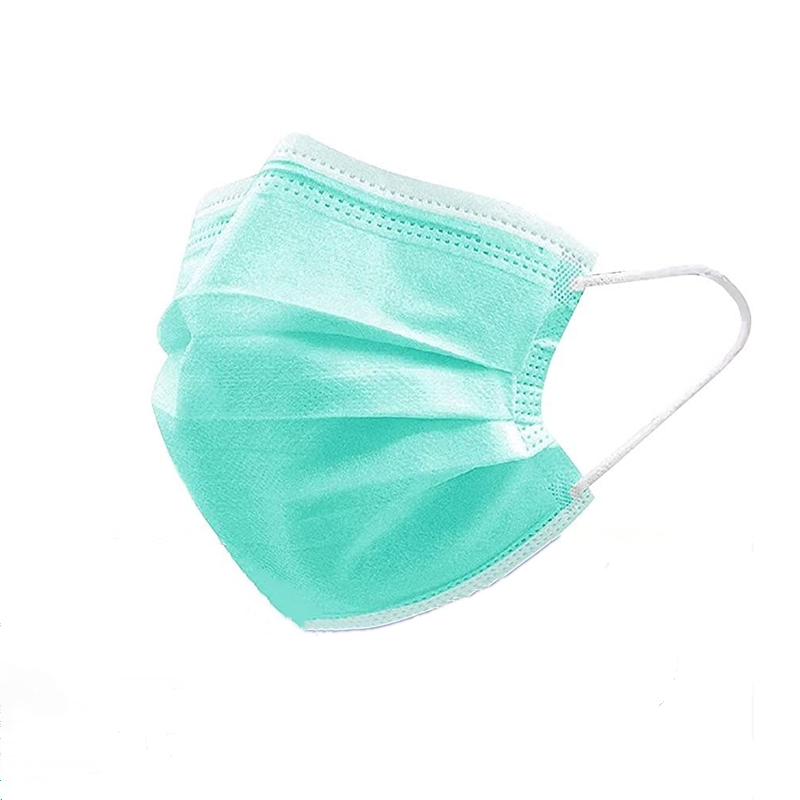
History of Surgical Masks
Would you believe that surgical masks have been around for over a century? Initially designed to protect healthcare workers from infectious droplets, surgical masks have evolved into complex medical devices. Today, surgical mask manufacturers produce a variety of masks, each with unique properties.
Surgical Mask Manufacturers: The Key Players
The surgical mask manufacturing industry is filled with key players that have stepped up to meet the global demand. One such standout manufacturer is Wuhan Youfu. Recognized for their commitment to quality, Wuhan Youfu has been instrumental in producing various types of masks, including surgical masks, medical masks, n95 respirators, and other masks. Their state-of-the-art manufacturing facilities adhere to strict regulations, ensuring that each product provides adequate protection to healthcare professionals and the general public. Along with other manufacturing companies, they follow rigorous quality control procedures to offer the best possible protection.

Understanding Different Types of Masks
What’s in a mask? Quite a lot, actually! Let’s break down the different types:
- Surgical Masks: The most common type, designed to prevent large droplets and splashes.
- Medical Masks: Often used in lower risk medical situations, these provide a basic level of protection.
- N95 Respirators: Designed for higher risk environments, these provide a higher filtration efficiency, filtering particles as small as 0.3 microns.
- Other Masks: Including face shields, ear loop masks, and cloth masks, each serving different purposes.
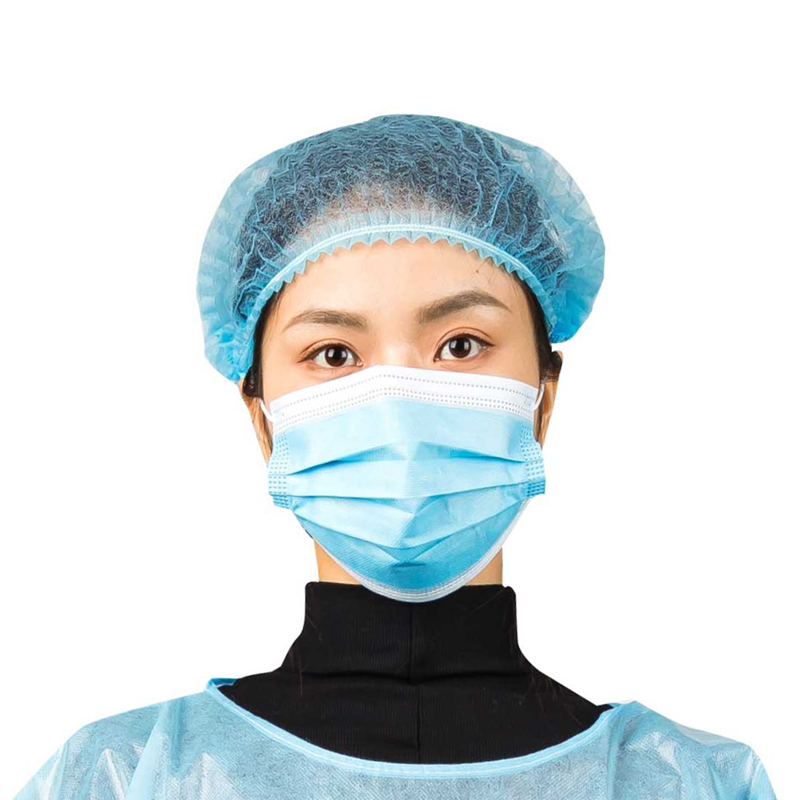
From Production to Protection
The journey of a mask from a manufacturing company to the wearer is quite fascinating.
- The Manufacturing Process: Multiple layers of fabric are meticulously assembled, ensuring proper fit and filtration efficiency.
- The Importance of Quality Control: Ensuring that the mask meets performance requirements is crucial for protection.
- The Consumer Demand: The recent surge in demand, especially during the coronavirus pandemic, has led to an increase in production.
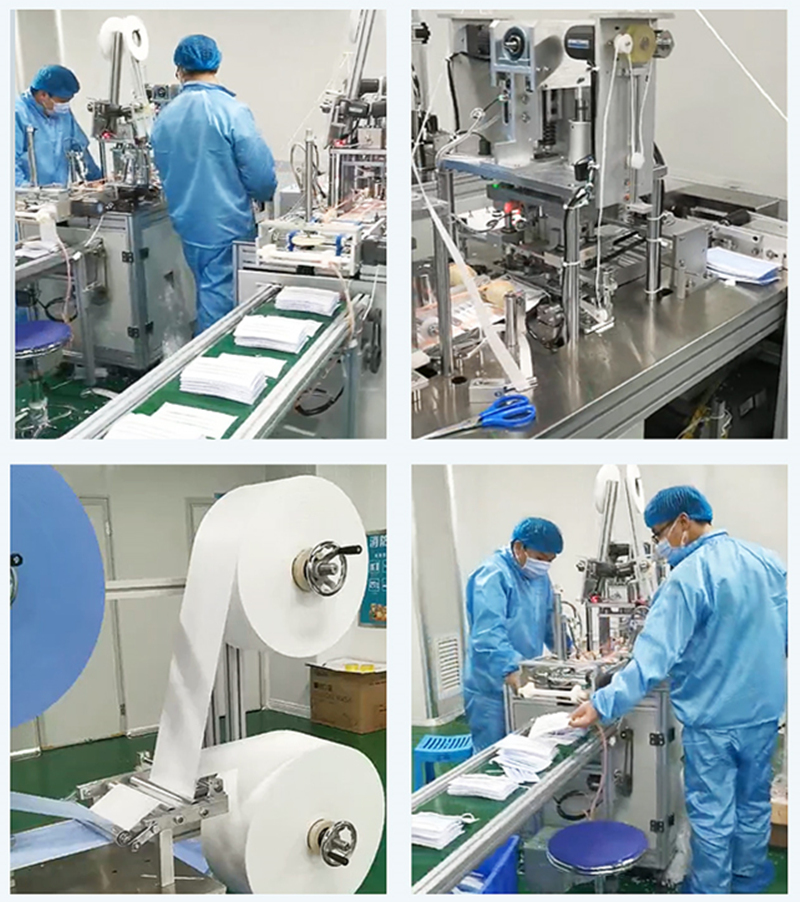
Medical Industry Requirements for Masks
In the medical industry, masks are indispensable. Whether it’s protecting healthcare workers or ensuring safety during medical procedures, the right mask is crucial.
- Medical Procedures: Masks prevent the spread of bodily fluids and potential contamination.
- Healthcare Professionals: Doctors, nurses, and other medical workers rely on masks for protection against airborne particles.
- Occupational Safety: Ensuring a safe work environment is crucial, and masks play a significant role.
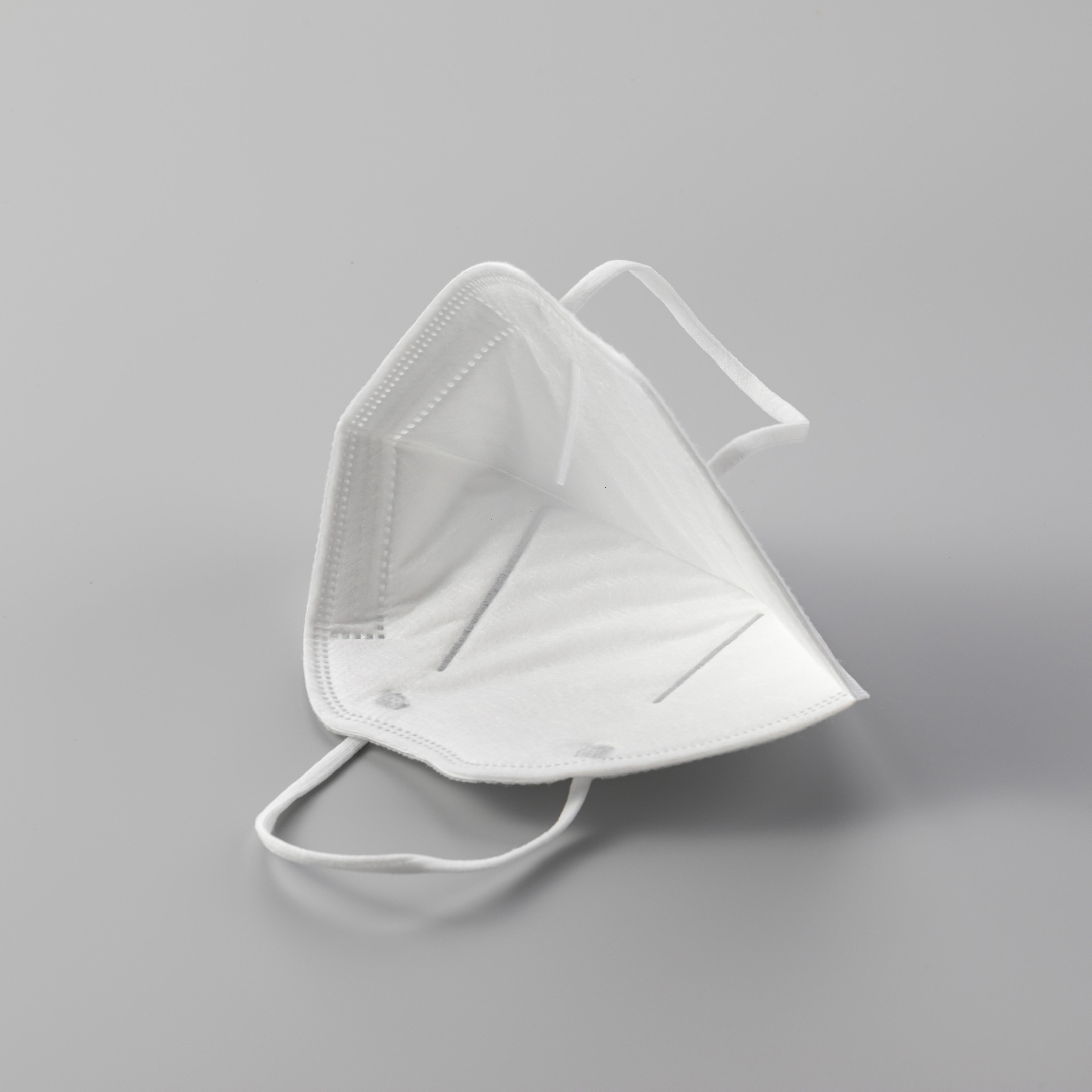
Standards for Different Masks
How do we know which mask is right for us? Standards and regulations guide us:
- Fluid Resistance: The ability to resist splashes and large droplets.
- Air Flow: Ensuring that the mask doesn’t restrict the person’s breath.
- Breathing Resistance: Making sure that the mask doesn’t hinder normal breathing.
- Filtration Efficiency: How well does the mask filter small particles? It’s vital, especially in the highest risk environments.
- Proper Fit: To prevent gaps and provide maximum protection, the fit is essential.
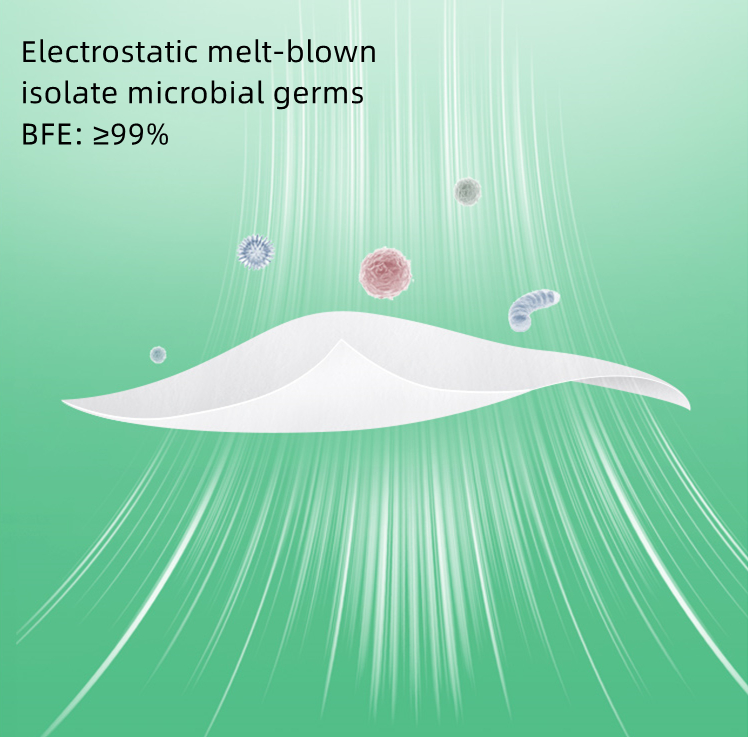
Protective Features of Masks
- Ear Loops: Comfortable and easy to wear, ear loops are standard in most masks.
- Face Shields: An added layer of protection, especially in medical settings.
- Nose Wire: Helps in achieving the perfect fit.
- Multiple Layers: More layers mean more protection, especially in healthcare settings.
- Small Particles: Masks designed to filter small particles offer more protection, especially N95 respirators.
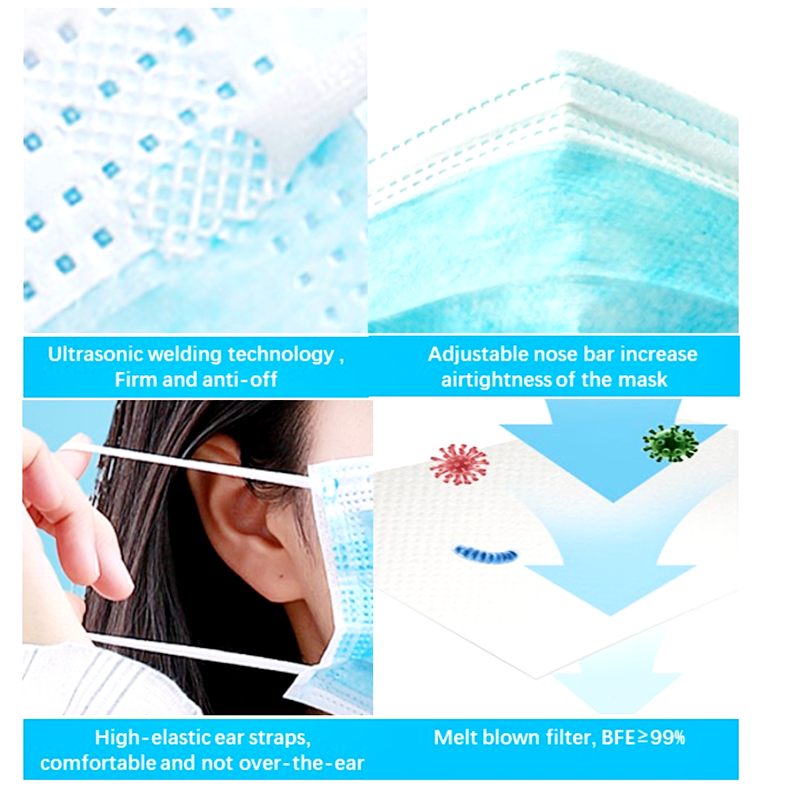
Masks in Different Environments
Not all masks are created equal:
- Healthcare Settings: Where the safest surgical masks are required.
- Lower Risk Medical Situations: Where basic protection is sufficient.
- Higher Risk Environments: Where specialized masks like N95 respirators are necessary.
- Highest Risk Environments: Where the most protective masks, like full-face respirators, are used.
CDC Approved Suppliers and Regulations
Understanding the role of regulation and approved suppliers:
- N95 Masks: Often preferred by first responders and healthcare personnel.
- Other Respirators: Depending on the risk level and health care settings.
- PPE Products: Including other personal protective equipment such as gloves and gowns.
- Performance Requirements: Ensuring that masks meet the required standards for protection.
Masks in the Age of the Coronavirus Pandemic
The pandemic has changed our perception of masks:
- Social Distancing: When you can’t maintain distance, masks come to the rescue.
- Emergency Use: The sudden increase in demand has led to emergency manufacturing.
- Basic Information: Understanding how to properly use and dispose of masks is essential.
- Background Information: Knowing why we need to wear masks is equally crucial.
Wuhan Youfu: A Pioneer in Protection
Wuhan Youfu stands as an exemplary surgical mask manufacturer that has made significant strides in the field of personal protective equipment. Here’s a closer look at this key player:
Quality Control
With stringent quality control measures, Wuhan Youfu ensures that each mask undergoes thorough testing for fluid resistance, breathing resistance, and filtration efficiency. This commitment to quality makes them one of the most reliable surgical mask manufacturers in the industry.
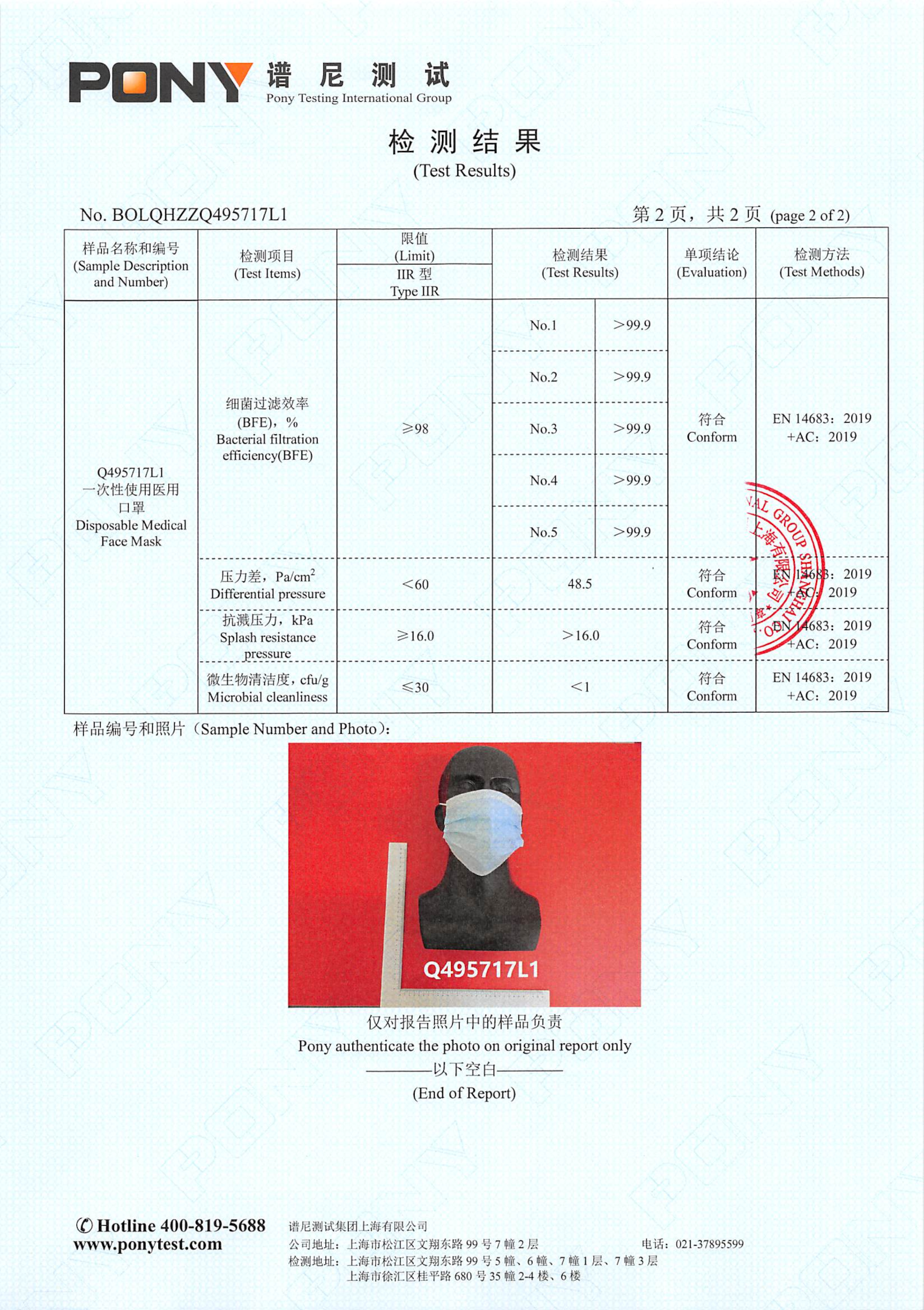
Contributions
The impact of Wuhan Youfu extends beyond manufacturing. They actively engage in research and collaborate with healthcare professionals to provide protective masks tailored to higher risk environments. Their products have been recognized for their ability to protect healthcare workers and other individuals in various health care settings.
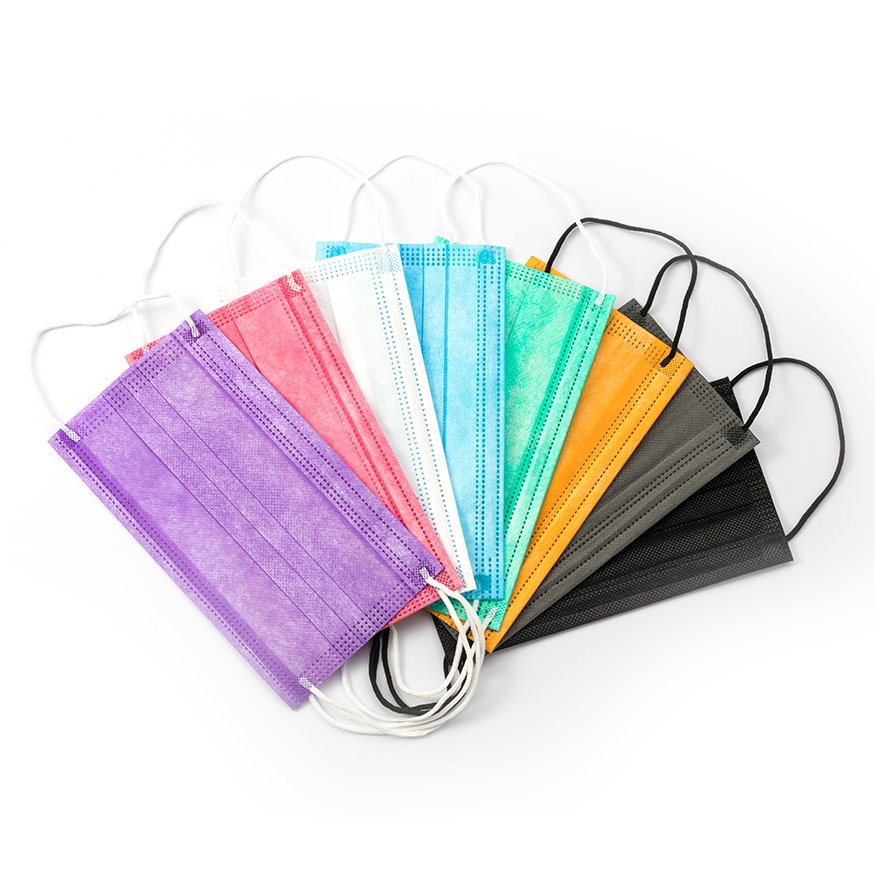
From the diligent surgical mask manufacturer to the healthcare worker on the frontline, the journey of the surgical mask is a testament to human ingenuity and resilience. With various types, from surgical and procedure masks to ear loop masks and respirators, the world of masks offers a fascinating insight into protection, safety, and adaptability in different environments, ranging from lower risk medical situations to the highest risk environments. In the end, it’s not just a piece of fabric; it’s a shield, a protector, and a symbol of care.
FAQs
- What’s the difference between surgical masks and n95 respirators?
- Surgical masks provide basic protection, while N95 respirators offer higher filtration efficiency.
- How do surgical mask manufacturers ensure quality?
- Through strict quality control and adherence to regulations.
- Why are masks important in medical procedures?
- They prevent the spread of bodily fluids and protect both the patient and healthcare workers.
- What are the essential features of masks like ear loops and nose wire?
- They ensure a proper fit and comfort for the wearer.
- How have masks become crucial during the coronavirus pandemic?
- They have become essential in preventing the spread of the virus, complementing social distancing measures.

